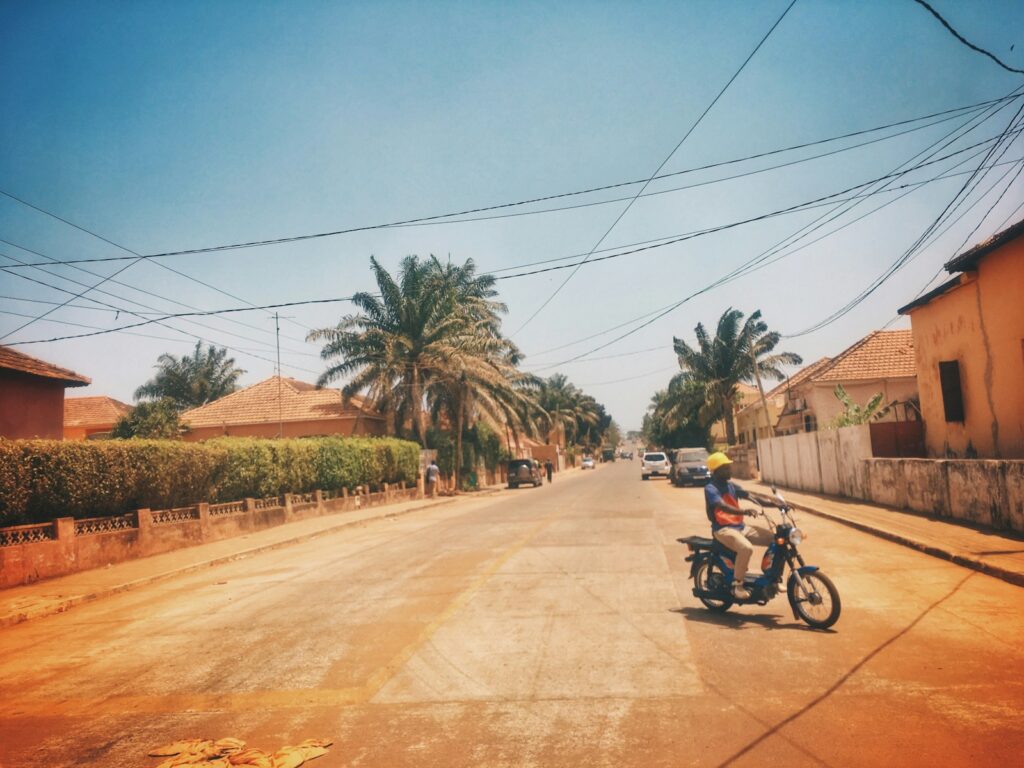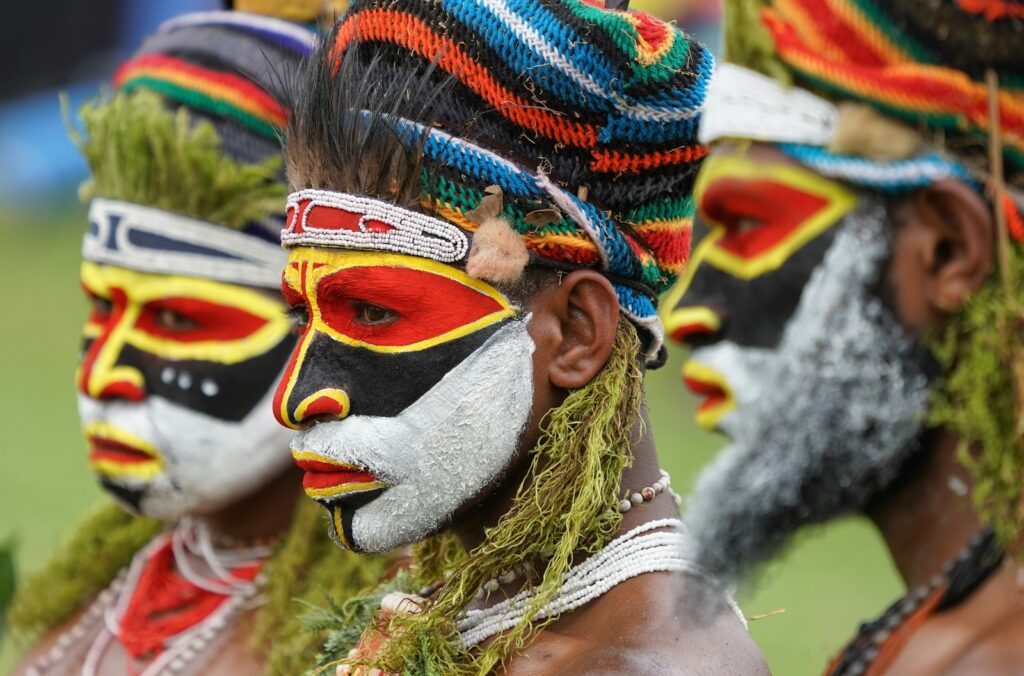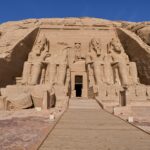Facts About Equatorial Guinea: Nestled within the heart of Central West Africa, Equatorial Guinea stands as a testament to the juxtaposition of wealth and adversity, history and modernity. Despite its relatively diminutive size, this enigmatic country harbors a wealth of intriguing facts waiting to be unearthed. From political dynamics to economic disparities, let’s embark on a journey to uncover seven fascinating facts about Equatorial Guinea.
1. The United Nations Petite Participant

Equatorial Guinea proudly is the smallest African nation to grace the halls of the United Nations. With a landmass spanning 28,000 square kilometers, it is a beacon of diplomatic engagement on the global stage. However, amidst its petite stature lies a profound commitment to fostering peace and cooperation in a region fraught with challenges.
2. A Struggle for Human Rights

Behind the veil of political stability lies a sobering reality of human rights abuses in Equatorial Guinea. The government’s authoritarian grip has stifled personal freedoms and autonomy, earning it dismal scores in the Freedom in the World Survey. Coupled with rampant human trafficking, these violations serve as a stark reminder of the uphill battle for social justice and equality.
3. A Paradox of Prosperity

Beneath Equatorial Guinea’s veneer of affluence lies a tale of economic contradictions. As one of Africa’s wealthiest nations per capita, fueled by its burgeoning oil industry, it stands as a beacon of prosperity amidst a landscape of poverty. However, this wealth remains elusive to the majority, trapped in a corruption and institutional fragility cycle.
4. Lingual Anomalies

Equatorial Guinea is a linguistic anomaly in Africa, boasting Spanish as its official language amidst a sea of French-speaking neighbors. A relic of its colonial past, Spanish permeates the nation’s cultural fabric, from its architectural heritage to its educational system. This linguistic fusion is a testament to the country’s diverse heritage and historical intricacies.
5. Enduring Presidential Reign

Since ascending to power in 1979, President Teodoro Obiang has entrenched himself as a formidable force in Equatorial Guinea’s political landscape. His enduring presidency, marked by allegations of electoral fraud and human rights violations, has drawn scrutiny from international observers. Yet, amidst mounting opposition, Obiang’s grip on power remains unyielding, perpetuating a cycle of political uncertainty.
6. Island Capitals and Mainland Ambitions

In a departure from convention, Equatorial Guinea’s capital city, Malabo, finds itself nestled on the island of Bioko, disconnected from the mainland by a mere 20 miles. This geographical anomaly reflects the country’s complex colonial legacy and underscores its unique identity amidst a sea of conformity. However, with ambitions to establish a new capital on the mainland, Equatorial Guinea charts a course towards modernity and accessibility.
7. A Vision of Progress: Ciudad de la Paz

Equatorial Guinea’s quest for a new capital city symbolizes its aspirations for progress and development. Ciudad de la Paz, nestled deep within the rainforests of the mainland, represents a bold vision for the future—a beacon of modernity and innovation rising from the ashes of the past. As construction progresses, Equatorial Guinea stands poised to redefine its narrative and chart a course toward a brighter tomorrow.
In conclusion, Equatorial Guinea emerges as a land of paradoxes and promise, where wealth and poverty coexist, and history intertwines with ambition. As we peel back the layers of complexity that shroud this enigmatic nation, we uncover a tapestry of resilience and determination—a testament to the human spirit’s enduring quest for progress and prosperity.
FAQs (Frequently Asked Questions) Facts About Equatorial Guinea
1. How does Equatorial Guinea compare in size to other African nations?
Equatorial Guinea ranks among the smallest African nations in terms of landmass and population. Yet, it is a member of the United Nations, representing a diverse tapestry of cultures and traditions.
2. What factors contribute to Equatorial Guinea’s economic disparities?
Despite being one of Africa’s wealthiest nations per capita, Equatorial Guinea grapples with pervasive poverty and inequality fueled by corruption and institutional weaknesses that hinder the equitable distribution of wealth and resources.
3. How has Equatorial Guinea’s colonial legacy shaped its linguistic landscape?
The legacy of Spanish colonization endures in Equatorial Guinea, with Spanish serving as the country’s official language amidst a predominantly Francophone region, reflecting its unique cultural heritage and historical evolution.
4. What challenges does Equatorial Guinea face in pursuing political stability?
Equatorial Guinea’s political landscape is characterized by an enduring presidential reign and allegations of electoral fraud, which pose challenges to democratic governance and the protection of human rights.
5. What role does Ciudad de la Paz play in Equatorial Guinea’s future development?
Ciudad de la Paz embodies Equatorial Guinea’s vision for progress and modernity, symbolizing its commitment to infrastructure development and economic diversification on the African continent.


